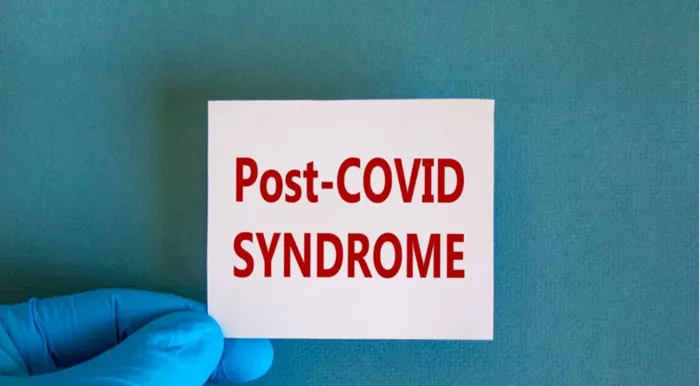As the world continues to recover from the COVID-19 pandemic, many survivors are still dealing with lingering symptoms that significantly affect their quality of life. In response, an international team of researchers has introduced a groundbreaking approach to treating these persistent post-viral symptoms. Their study, published on August 30, 2024, in Brain Medicine (ISSN: 2997-2639, Genomic Press, New York), presents a comprehensive treatment strategy aimed at alleviating the complex and varied symptoms associated with post-acute infectious syndromes (PAIS), such as Long COVID.
The researchers propose a multimodal treatment plan that combines pharmacological therapies with physical interventions. On the pharmacological side, the study highlights the effectiveness of metformin, a common medication for diabetes, and low-dose naltrexone, typically used for addiction treatment. Both drugs have shown promise in reducing inflammation and regulating immune responses, key factors in managing PAIS.
In addition to these medications, the study recommends physical treatments such as extracorporeal apheresis, a technique that filters the blood, and transcutaneous neurotherapy, which stimulates the vagus nerve. These physical therapies are designed to reduce inflammation, enhance blood circulation, and potentially improve cognitive function, addressing the wide range of symptoms that PAIS patients experience.
Co-author Dr. Milo A. Puhan of the University of Zurich expresses optimism about the proposed strategy. “The versatility of this treatment plan is what makes it so promising,” he explains. “It has the potential to address multiple symptoms simultaneously, from fatigue and cognitive issues to cardiovascular complications.”
The study’s authors stress that their approach is rooted in a thorough review of existing evidence and theories regarding the mechanisms underlying post-viral syndromes. They call for large-scale clinical trials to validate the effectiveness of this multifaceted treatment strategy.
Dr. Stefan R. Bornstein, the senior author of the study, emphasizes the importance of this research at a critical time in our understanding of post-infectious syndromes. “This study aims to ignite further research and bring about more effective treatments for those suffering from the long-term effects of viral infections,” he says. “While randomized controlled trials are challenging due to the diverse nature of patient groups, our proposed approach offers a more personalized treatment based on available biomarkers. This strategy has already shown promising results in several cohort studies and could provide both temporary and long-term relief for patients, even in the absence of high-level evidence.”
As the global community continues to face the long-term effects of the COVID-19 pandemic, this innovative approach to treating post-viral syndromes represents a significant advancement. The researchers hope that their findings will encourage further studies and ultimately lead to better treatment options and improved quality of life for those affected by these persistent conditions.


